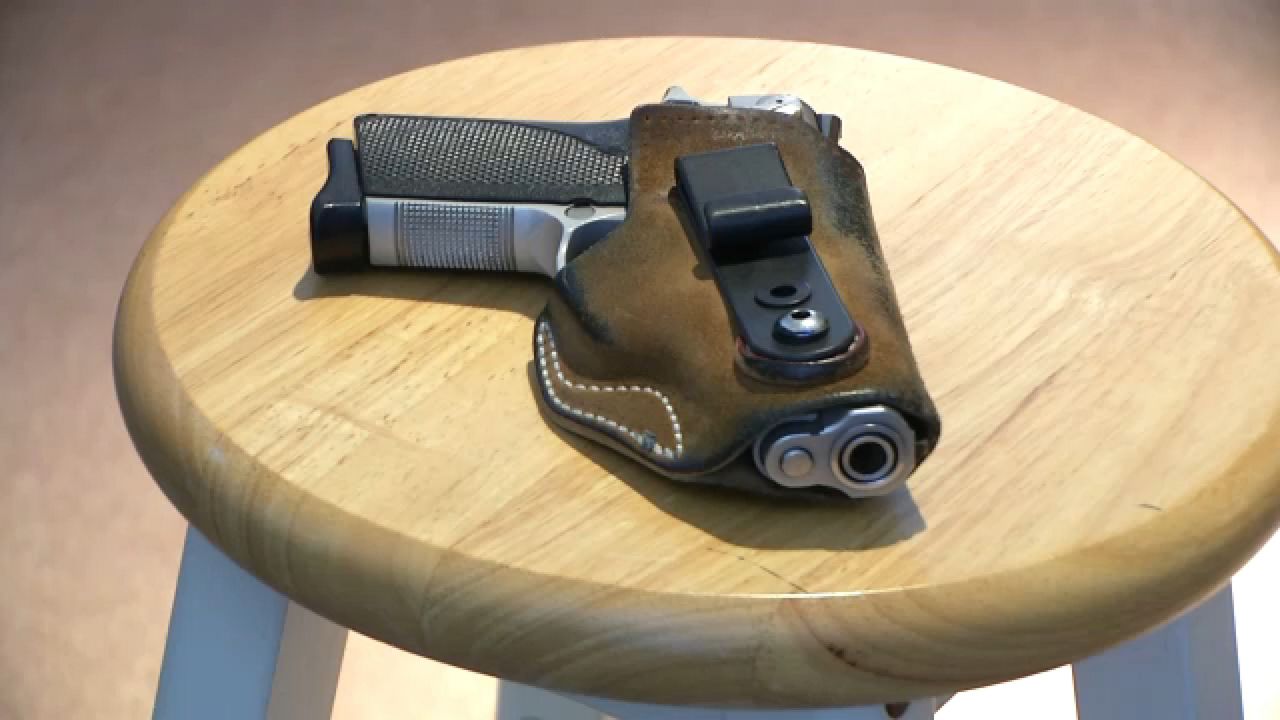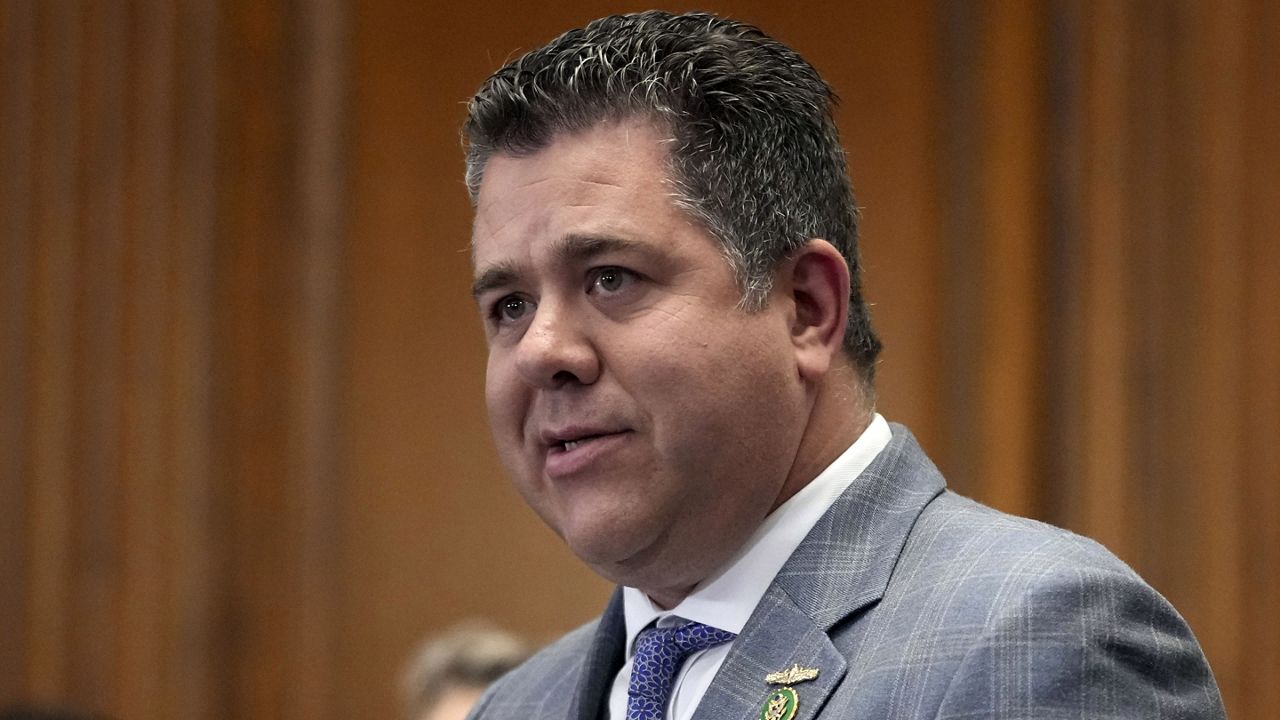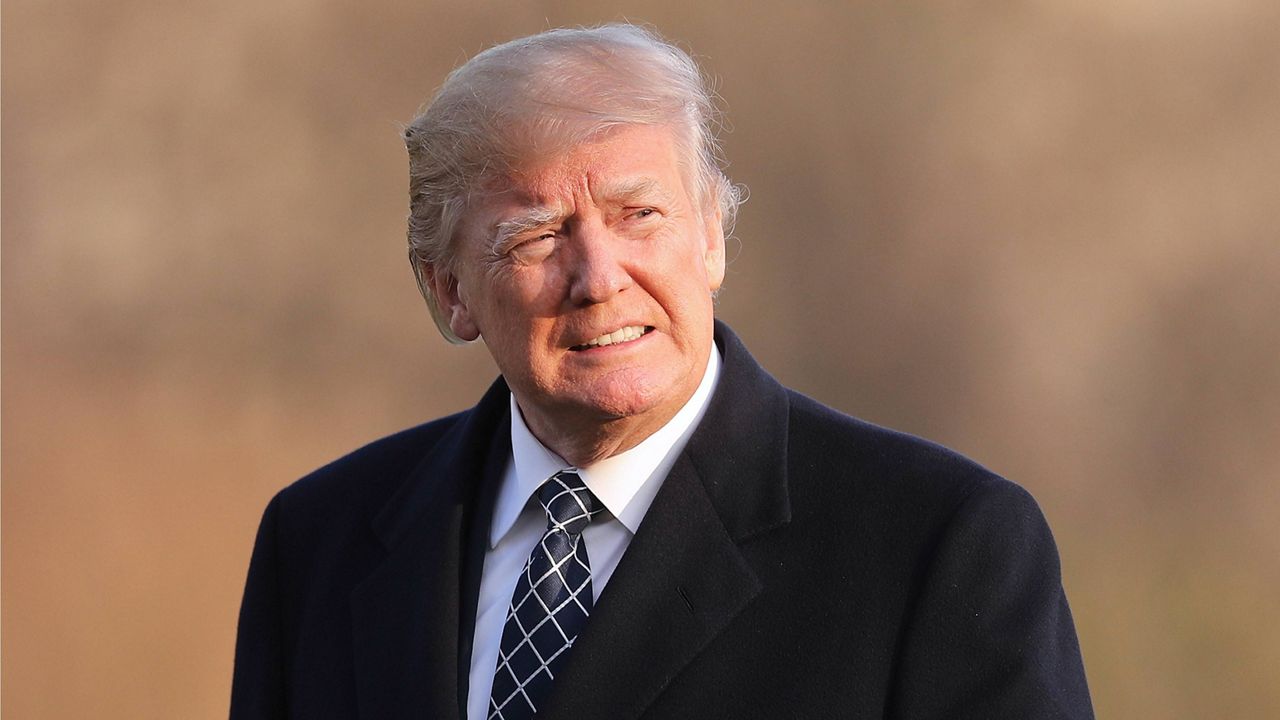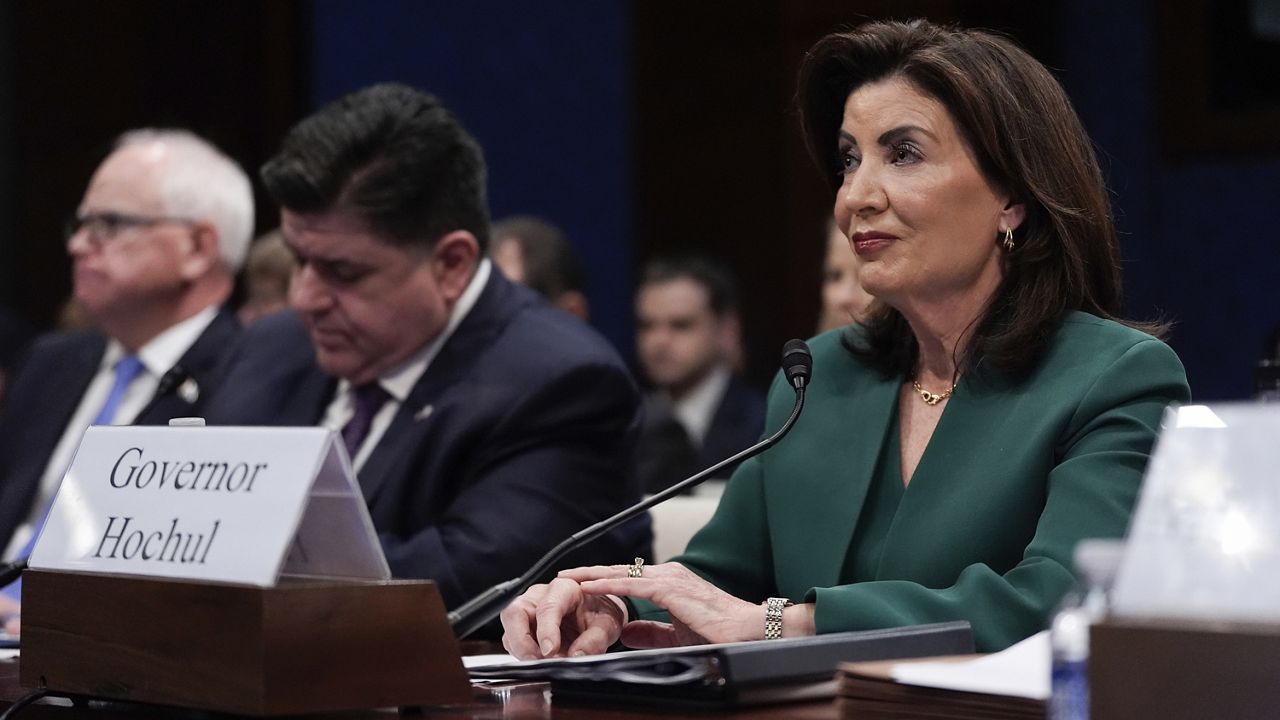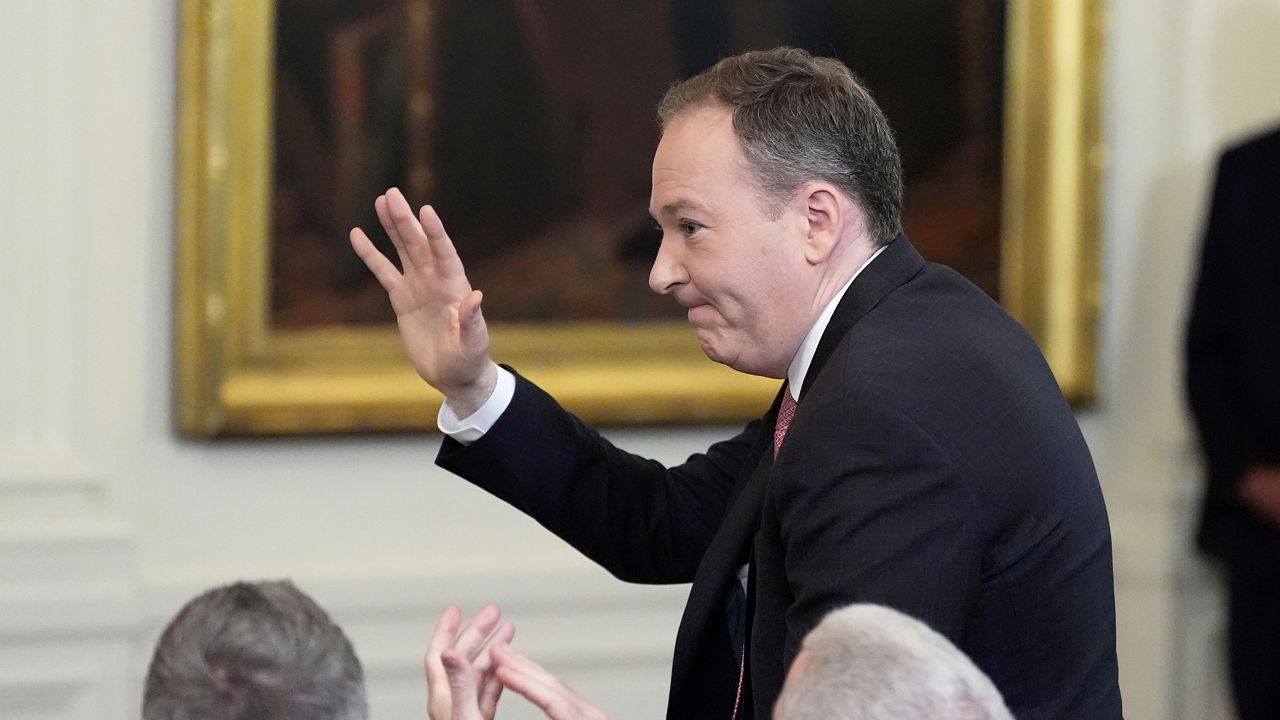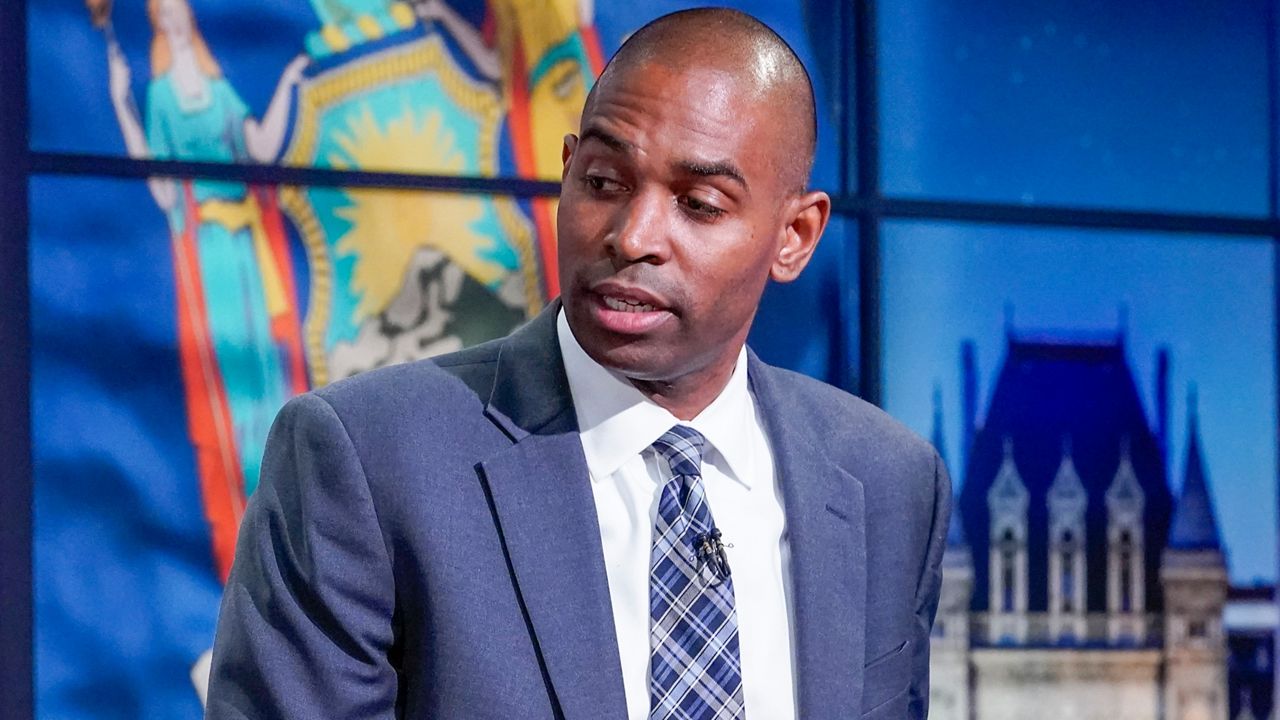More than two dozen churches and a socially conservative organization this week filed a federal lawsuit challenging New York's restrictions on guns in sensitive areas.
The lawsuit is the latest effort to challenge New York's law approved in the wake of a Supreme Court decision that found a century-old concealed carry law was unconstitutional. State lawmakers and Gov. Kathy Hochul agreed to a measure that limited where guns can be carried as well as created new requirements for a concealed carry license.
The churches and the group, New Yorkers for Constitutional Freedoms, pointed to the rise in threats against houses of worship, arguing that such a ban violates their Second Amendment rights as well as a natural right to self-defense while attending a religious service.
"The disarming of citizens while attending places of 'worship or religious observance' is not taking place in a vacuum," the lawsuit states. "Religiously motivated or targeted attacks continue to be a risk to every congregation nationally and in the State of New York."
The gun law approved in July limits where guns can be carried. Locations like mass transit, parks, as well as houses of worship are considered "sensitive locations" under the law known as the Conceal Carry Improvement Act. Heavily trafficked locations like Times Square also bar concealed carry firearms.
"By making it unlawful for most people to carry firearms in churches and other houses of worship, the CCIA deprives ordinary New Yorkers of their constitutionally protected right to bear arms," said the Rev. Jason McGuire, the executive director of New Yorkers for Constitutional Freedoms. "In recent years, churches and other houses of worship have been implementing volunteer security teams. Many of those teams include armed congregants. Under this new law, those teams have been deemed unlawful. Security team members, who choose to carry, could face a felony conviction simply for protecting the Sunday morning worship service.”
In September, a federal judge determined a lawsuit challenging the gun law could not go forward, but at the same time called the measure unconstitutional. Judge Glenn Suddaby pointed to the law's requirements for concealed carry licensing, including a moral standing clause, as "vague, subjective."




